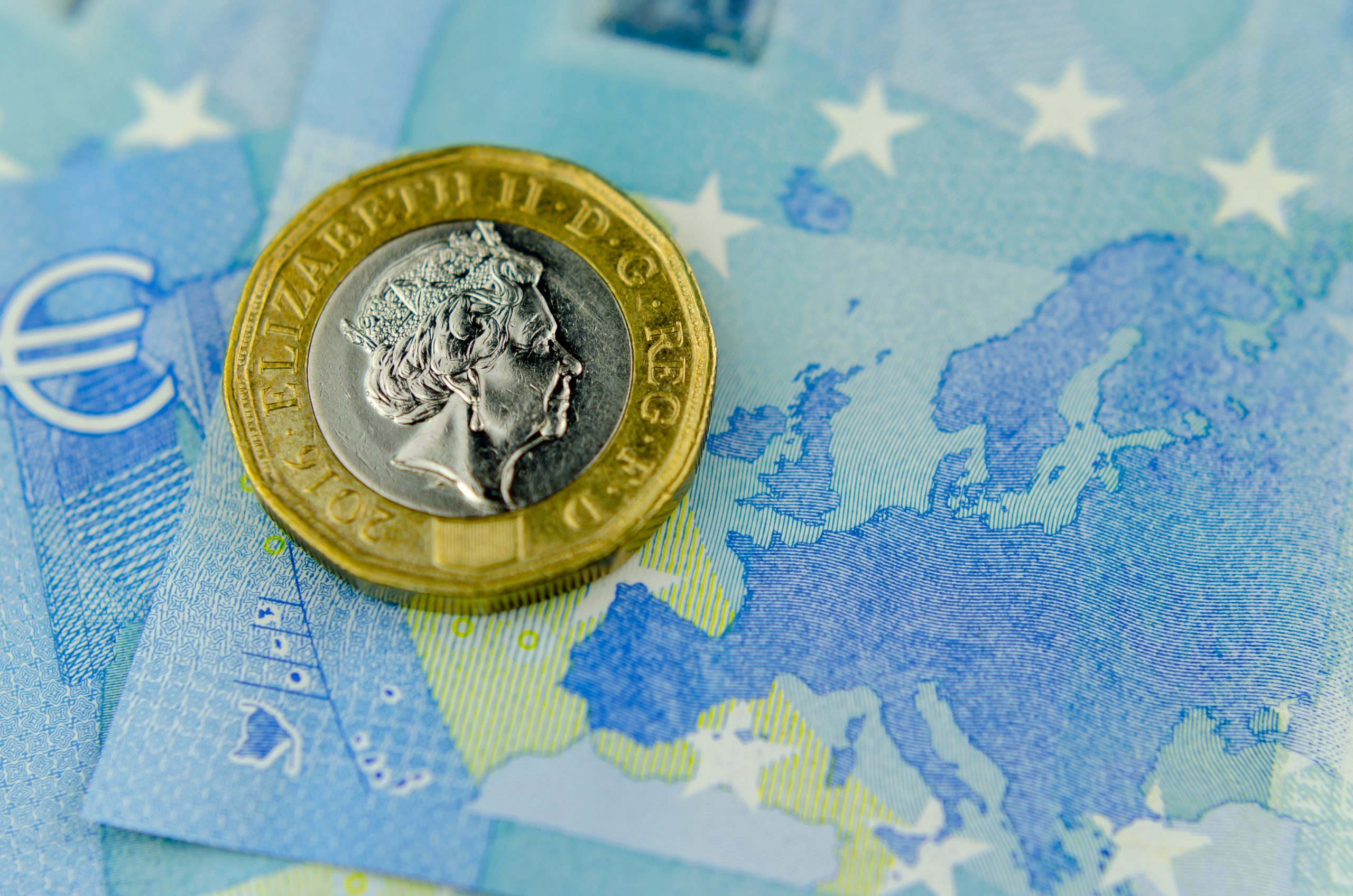GBP/EUR Exchange Rate Tumbles to 19-Month Lows on Unfunded Tax Cuts
The Pound Euro (GBP/EUR) exchange rate collapsed drastically against the Euro in the wake of Chancellor Kwasi Kwarteng unveiling swathes of tax cuts.
At time of writing the GBP/EUR exchange rate is around €1.1331, a 1% plummet from this morning.
Pound (GBP) Extended Losses amid Sweeping Tax Cuts
The Pound fell dramatically against its peers today as the Chancellor Kwasi Kwarteng unveiled the biggest tax event in almost fifty years.
A flurry of tax cuts and measures were laid out to promote economic growth within the UK. However, the markets did not share the sentiment and subsequently jumped ship over fears of escalating borrowing costs. Among the cuts, the Chancellor included scrapping the 45% higher band of income tax, along with cancelling the corporation tax increase and scrapping the bankers’ bonus cap.
Elsewhere, tumbling consumer confidence framed the mini-budget perfectly as levels fell to record-lows of -49, the worst since records began in 1974. The cost-of-living crisis continues to sap optimism around the UK economy.
Looking ahead, and Sterling could continue its slump as markets digest the sweeping tax cuts made by Kwarteng. Existing soaring borrowing costs were weighing heavily on the Pound before the mini-budget was released. Investors are increasingly spooked by fears of the huge borrowing costs that will be needed to fund the tax cuts.
Euro (EUR) Subdued on Poor PMIs in the Euro Area
The Euro (EUR) came under pressure after the printing of Eurozone PMI data. Both the manufacturing and services sectors contracted worse than expected.
Manufacturing PMI for August fell to 48.5, the third consecutive contraction within the sector, and a fourth in a row for slowing activity. Both the biggest and fastest pace of contraction since May 2020, soaring energy prices and falling demand weighed on the manufacturing sector.
Meanwhile, services also disappointed and contracted worse than expected. A second month in a row of contracting activity, services PMI fell to the lowest level since February 2021. More concerning is that it was the sharpest decline since 2013 excluding pandemic-related shutdowns.
Looking ahead, without major data for the rest of the session, EUR investors will be keenly watching the US Dollar’s continued meteoric rise. The negative correlation the Euro shares with the US Dollar could see the single currency slide further.


Comments are closed.